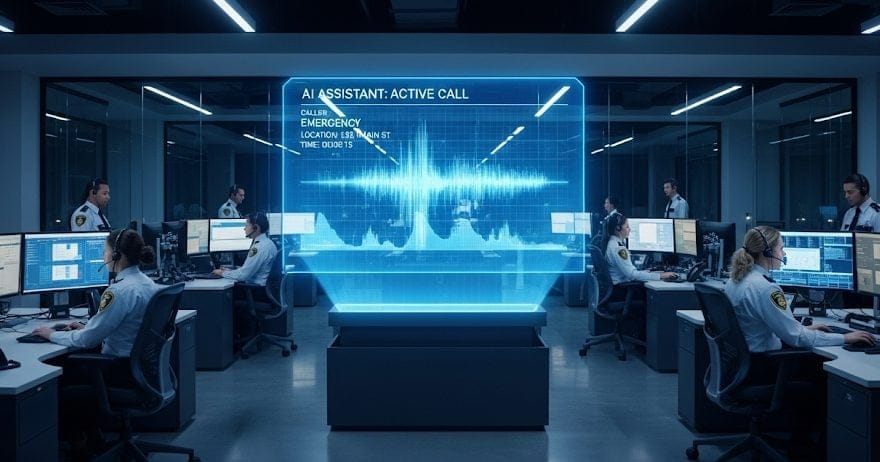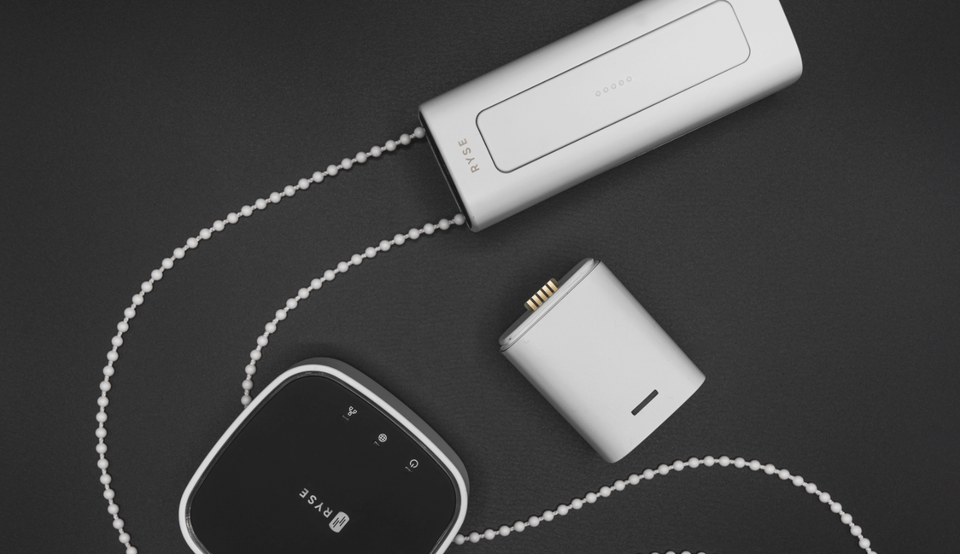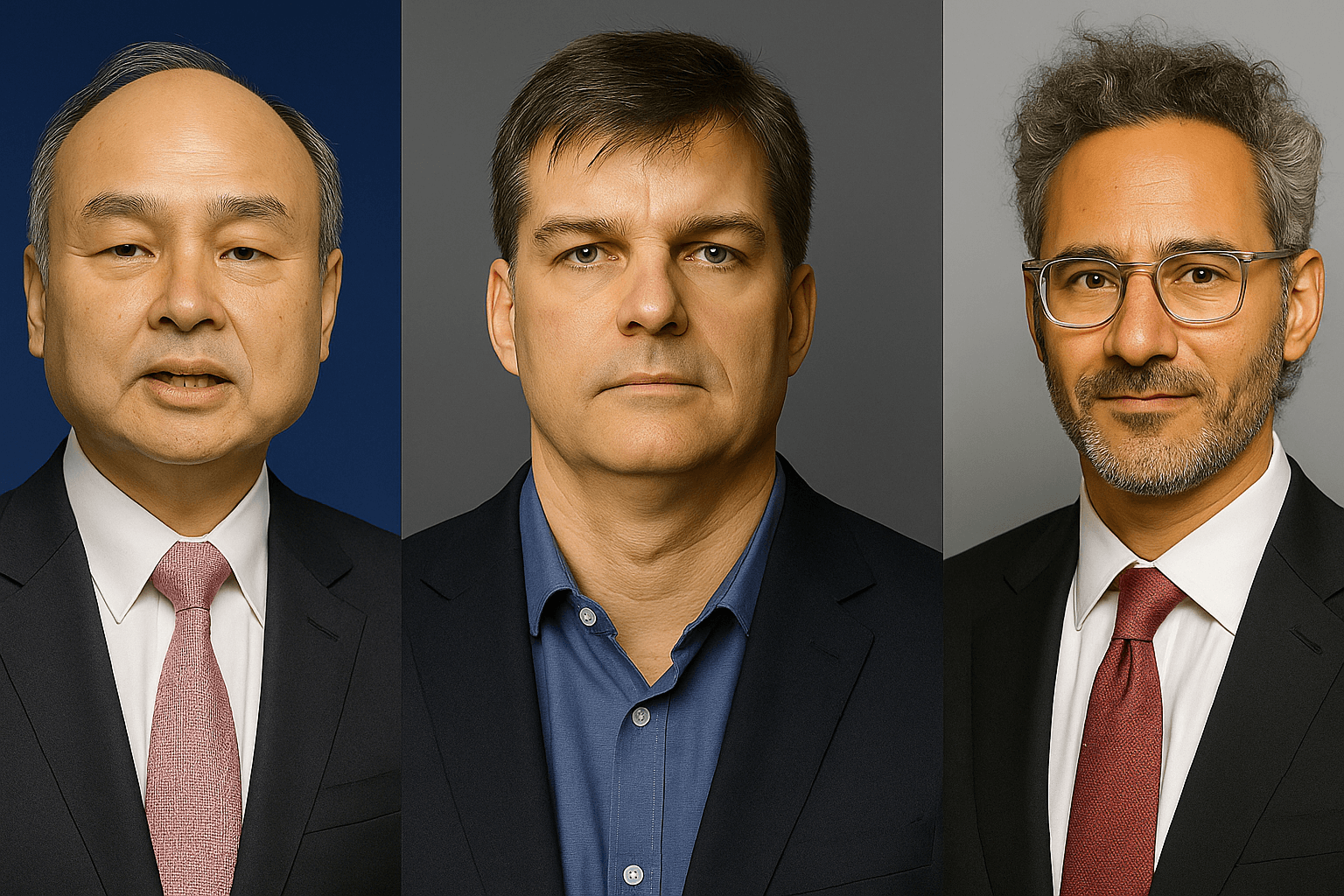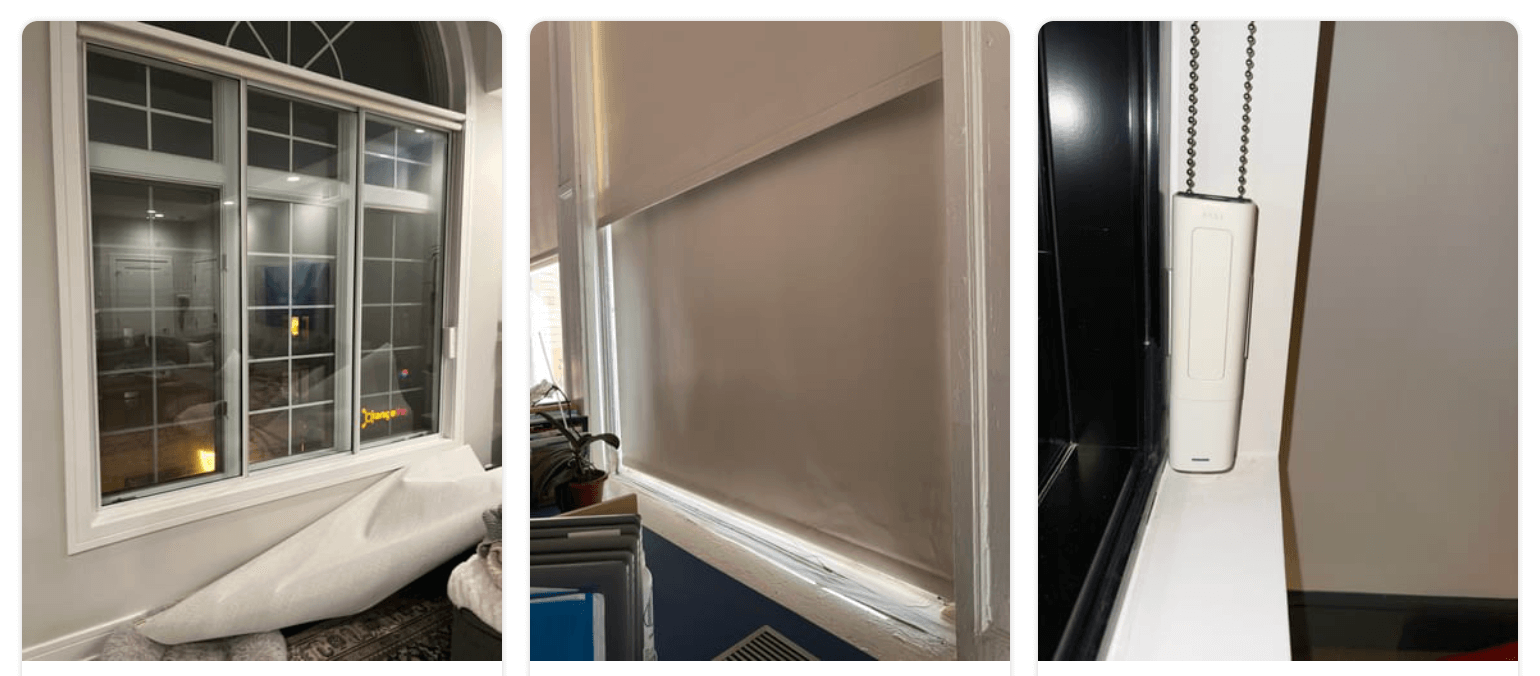If 911 Fails, Who Will Save You?


America’s 911 system is falling apart. Dispatchers are burning out, working 12- to 16-hour shifts, taking forced overtime, and quitting faster than fast food workers on minimum wage. So who’s swooping in to save the day? Not the government. Not more human recruits. Nope, startups with shiny AI call bots.
Enter Aurelian, the scrappy newcomer that was originally built to book salon appointments. Yes, you heard that right. From “would you like bangs with that haircut?” to “tell me about the chest pain in your left arm,” this AI’s career pivot is giving LinkedIn users everywhere whiplash. Founder Max Keenan realized the emergency dispatch system was collapsing after a client sat on hold for 45 minutes with a non-emergency line.
He unleashed Aurelian’s AI voice assistant to scoop up calls about stolen wallets, noisy neighbors, and parking meltdowns. If it senses a real emergency, it instantly transfers to a human. Since May 2024, Aurelian has already gone live in places like Snohomish County, Chattanooga, and Kalamazoo.
Aurelian is not the only one chasing the flashing red lights. Hyper just raised $6.3 million to throw its own AI into the ring. Prepared, around since 2019, is trying to flex its AI voice chops too. And suddenly, the 911 hotline looks less like a public service and more like Silicon Valley’s latest turf war.
Aurelian says it’s ahead, bragging that it’s the only one actually answering thousands of real calls today. Translation: “While our competitors are busy giving PowerPoints to investors, we’re the ones dealing with Karen’s complaint about her neighbor’s leaf blower.”
Hyper is pointing to its funding round, saying money equals momentum. Prepared insists it has the legacy, claiming “we were here before it was cool.” Meanwhile, Aurelian is basically saying, “Nice try, rookies. Call me when your AI has told someone to file a parking complaint in fluent Urdu.” NEA’s Mustafa Neemuchwala even jumped in to stir the pot, saying Aurelian isn’t replacing humans, it’s filling jobs 911 centers can’t hire for. Subtext? “Relax, dispatchers. The bots aren’t here for your jobs, they’re here because nobody else wants them.”
It raises the bigger, messier question: who do you actually trust when your life is on the line? Do you trust an exhausted human dispatcher who has been working 16 hours and just wants a nap, or a cheerful AI that can juggle 35 languages but has never actually panicked in its life? Aurelian swears its AI escalates emergencies instantly.
What happens when it decides your grandma’s stroke is just “high-priority indigestion”? What happens when Hyper or Prepared accidentally lets an algorithm tell someone to “please hold” during a heart attack?
On one side, human dispatchers are begging for relief and practically throwing their headsets at the bots. On the other, skeptics are already sharpening their knives, waiting for the first misjudged call to turn into a scandal. Silicon Valley wants to paint itself as the savior of public safety, but let’s be honest: this is also a land grab.
Whoever wins here doesn’t just get bragging rights. They get contracts with 911 systems across the country. And Aurelian, Hyper, and Prepared are circling each other like boxers waiting to throw the first knockout punch.
Human burnout versus algorithmic overconfidence. Aurelian versus Hyper versus Prepared. Public safety versus Silicon Valley hype. Some say AI will save lives by freeing up humans to focus on true emergencies. Others warn it’s only a matter of time before a bot botches a call and the lawsuits rain down.
The real question is not whether AI will answer 911 calls. It’s whether you’ll trust the calm, data-trained voice on the line when your crisis hits, or whether you’ll wish for a tired human with a headset and a bad attitude who at least knows panic when they hear it.
- Matt Masinga
*Disclaimer: The content in this newsletter is for informational purposes only. We do not provide medical, legal, investment, or professional advice. While we do our best to ensure accuracy, some details may evolve over time or be based on third-party sources. Always do your own research and consult professionals before making decisions based on what you read here.




